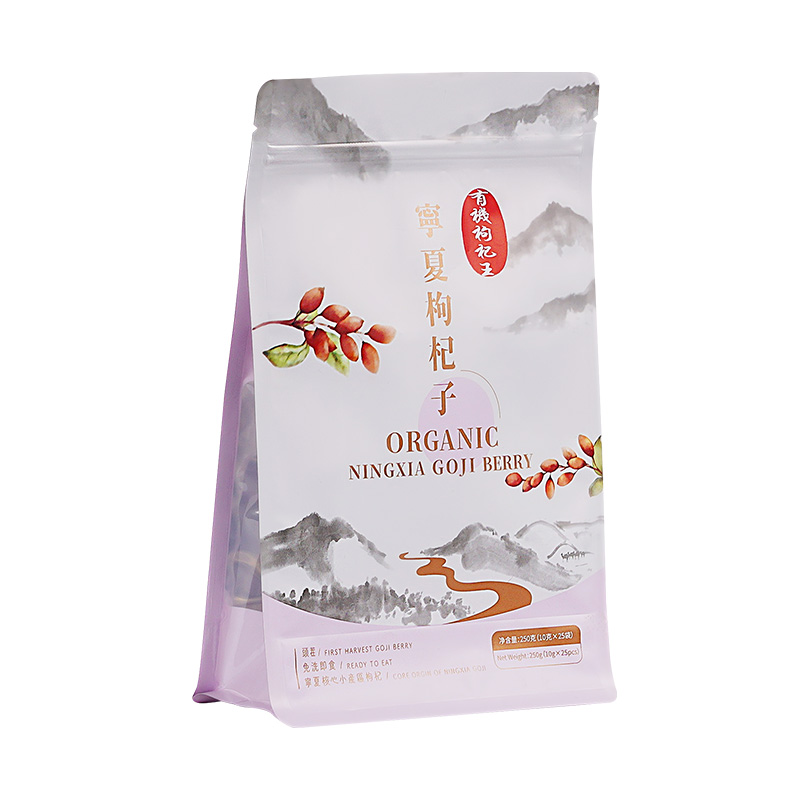Email us now!
wx@zjfxkj.com
As consumers become more conscious of environmental issues, companies are increasingly looking for ways to reduce their ecological footprint. One effective way to achieve this is through the use of recycled materials in packaging. In this article, we will explore the benefits of using recycled materials for packaging bags, focusing on non-woven poly bags, plastic packaging for products, and PP woven sack bags.

1. Environmental Impact Reduction
One of the more significant benefits of using recycled materials for packaging bags is the reduction of environmental impact. Traditional plastic packaging is a major contributor to plastic pollution, especially when not disposed of properly. By switching to recycled materials, companies can help decrease the amount of waste that ends up in landfills and oceans. Non-woven poly bags, for example, are made from recycled polypropylene, which is a durable and eco-friendly material. These bags can be reused and recycled again at the end of their life cycle, significantly lowering their overall environmental impact.
Plastic packaging for products, when made from recycled materials, also reduces the demand for new plastic production. The process of manufacturing new plastic requires significant energy and resources while recycling plastic consumes fewer resources and energy. By choosing recycled plastic for packaging, companies are contributing to the circular economy, where materials are reused rather than discarded.
2. Cost-Effectiveness
Another advantage of using recycled materials for packaging is cost-effectiveness. While there may be initial costs associated with sourcing recycled materials, in the long run, using recycled content can help reduce production costs. Non-woven poly bags made from recycled materials are often more affordable than those made from virgin plastic. This is because the cost of producing recycled polypropylene is generally lower than creating new plastic from raw materials.
Additionally, companies that use recycled materials in their packaging can save money in the long term by reducing waste disposal costs. When businesses adopt sustainable practices, they may also be able to qualify for tax incentives or subsidies that encourage environmental responsibility.
3. Consumer Appeal
Consumers are increasingly demanding eco-friendly products, and packaging is a crucial part of their purchasing decisions. Packaging made from recycled materials, such as non-woven poly bags, sends a strong message to customers that a company is committed to sustainability. By using recycled materials, businesses can build brand loyalty and attract environmentally-conscious consumers who prioritize green practices.
In addition, plastic packaging for products that are recyclable or made from recycled content can help companies align with consumer preferences. Many shoppers are willing to pay a premium for products with environmentally friendly packaging, as they understand the positive impact these choices can have on the planet. This increased consumer interest can drive sales and improve a company’s reputation.
4. Versatility and Durability
Recycled materials, including those used for non-woven poly bags, plastic packaging, and PP woven sack bags, offer significant versatility and durability. Non-woven poly bags, for instance, are strong, tear-resistant, and lightweight, making them ideal for a variety of applications. They can be used for packaging a wide range of products, from clothing to food items, while providing a sustainable alternative to traditional plastic bags.
Similarly, PP woven sack bags, often used in the packaging of bulk goods such as grains, fertilizers, and construction materials, can be made from recycled polypropylene. These bags are known for their strength and durability, making them a reliable choice for heavy-duty packaging. Recycled PP woven sack bags can withstand the rigors of transportation and handling, ensuring that products are protected during storage and delivery.
5. Supporting the Circular Economy
The use of recycled materials for packaging also plays a key role in supporting the circular economy. In this system, products are designed with the intention of being reused, recycled, or repurposed at the end of their life cycle. By choosing recycled content, companies contribute to reducing the need for raw materials, thus conserving natural resources.
Incorporating recycled materials into packaging, such as plastic packaging for products and non-woven poly bags, helps to close the loop by ensuring that materials are returned to the production process. This process reduces the environmental strain of extracting new materials and less waste generation.
Using recycled materials for packaging bags provides numerous benefits, both for companies and the environment. Non-woven poly bags, plastic packaging for products, and PP woven sack bags made from recycled content help to reduce environmental impact, lower production costs, and appeal to environmentally conscious consumers. By supporting the circular economy and embracing sustainable practices, companies can make a positive contribution to the planet while simultaneously improving their market position. As the demand for eco-friendly products continues to rise, the use of recycled materials in packaging will become an increasingly important consideration for businesses looking to stay competitive and responsible in today’s marketplace.